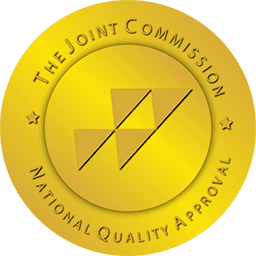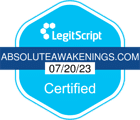Definition of Intensive Outpatient Treatment
Intensive outpatient treatment (IOP) for drug and alcohol addiction consists of a primary treatment program recommended in some circumstances by a clinical and medical assessment.
The disease of addiction strikes at unexpected times, and it affects every one of its sufferers differently. Some individuals will nip the disease in the bud and seek professional treatment before the symptoms of substance abuse get too out of hand or cause too many interpersonal consequences. In other cases, an individual will suffer at the hands of a severe substance use disorder for years and years before seeking professional help, and personal consequences will continue to accumulate until they seem too much to tackle. Because every case of addiction is so unique, every approach to addiction treatment will be different. What works for one individual might not work for another.
At Absolute Awakenings, we have carefully developed a highly personalized addiction treatment plan that focuses on individualized therapeutic care. Suppose you have attempted drug addiction treatment previously and have been unsuccessful in staying sober for any prolonged period. In that case, it may be because they have not been matched with an appropriate level of care for their unique needs.
Inpatient treatment is an ideal option for those suffering at the hands of a severe substance abuse disorder and who have experienced significant consequences as a result. Inpatient treatment is also ideal for men and women who have overdosed or come close to an overdose – this means that their life is essentially in danger. Residential treatment is truly the only viable option. Intensive Outpatient Treatment (IOP) is a small step down from residential treatment. Those in IOP will have more personal freedom (they will get to return home every night), but they will still be involved in multiple hours of intensive therapeutic care daily or near-daily.
What is IOP?
Most intensive outpatient programs, including ours, will provide men and women new to sobriety with between six and thirty hours of intensive therapeutic care weekly. In many cases, IOP will serve as a transitional level of clinical care for individuals who have recently completed a long-term stint in inpatient treatment. Traditionally, clients will complete an inpatient program and transition into sober living. While in sober living, they will begin readjusting back into daily life. They will be required to get and keep a job, attend school, or participate in daily volunteer work. In addition, they will be required to attend at least one 12-step meeting daily. Finally, they will be required to attend an IOP program.
Benefits of Intensive Outpatient Treatment
IOP consists of individual therapy, group therapy, relapse prevention training, vocational training, and several other classes geared towards helping clients stay sober and become the most productive members of society and successful sober individuals that they possibly can be. There are many benefits of IOP – one of the main benefits is the ability for clients to work through issues that may arise in early recovery in a supportive group setting. They will attend treatment during the day and return home in the evening, where they will face the unique challenges that are always present in very early sobriety. The following day, they will be able to process the emotions, triggers, and experiences that arose in a group and one-on-one with a licensed therapist. The length of IOP will depend on the unique needs of each client. In most cases, IOP will last for around six months.
Absolute Awakenings and IOP
At Absolute Awakening, our IOP program is geared towards those who have recently completed inpatient treatment and those who require less intensive clinical care (because their addictive disorders are mild, likely easily treated, and not life-threatening). If you are looking for a quality and reputable IOP program, look no further than Absolute Awakenings.
References
- Fluyau D, Charlton TE. Drug Addiction. In: StatPearls. StatPearls Publishing; 2022. Accessed January 17, 2023. http://www.ncbi.nlm.nih.gov/books/NBK549783/
- Jahan AR, Burgess DM. Substance Use Disorder. In: StatPearls. StatPearls Publishing; 2022. Accessed January 17, 2023. http://www.ncbi.nlm.nih.gov/books/NBK570642/
- McCarty D, Braude L, Lyman DR, et al. Substance abuse intensive outpatient programs: assessing the evidence. Psychiatr Serv. 2014;65(6):718-726. doi:10.1176/appi.ps.201300249
- Kelly JF, Humphreys K, Ferri M. Alcoholics Anonymous and other 12-step programs for alcohol use disorder. Cochrane Database Syst Rev. 2020;3(3):CD012880. doi:10.1002/14651858.CD012880.pub2













